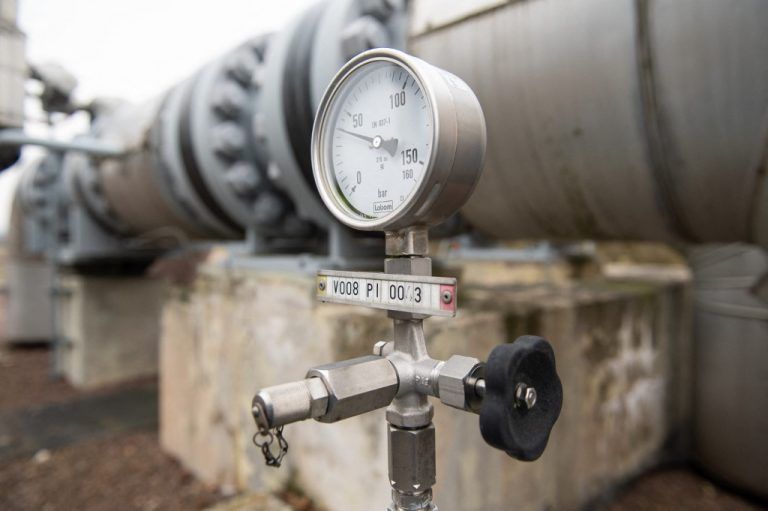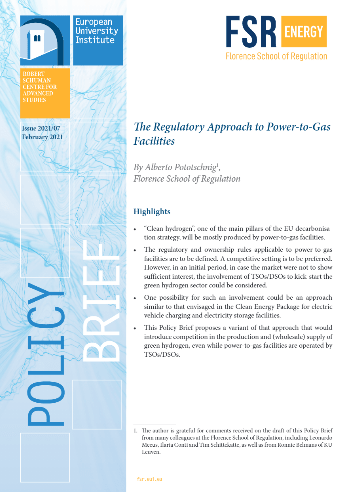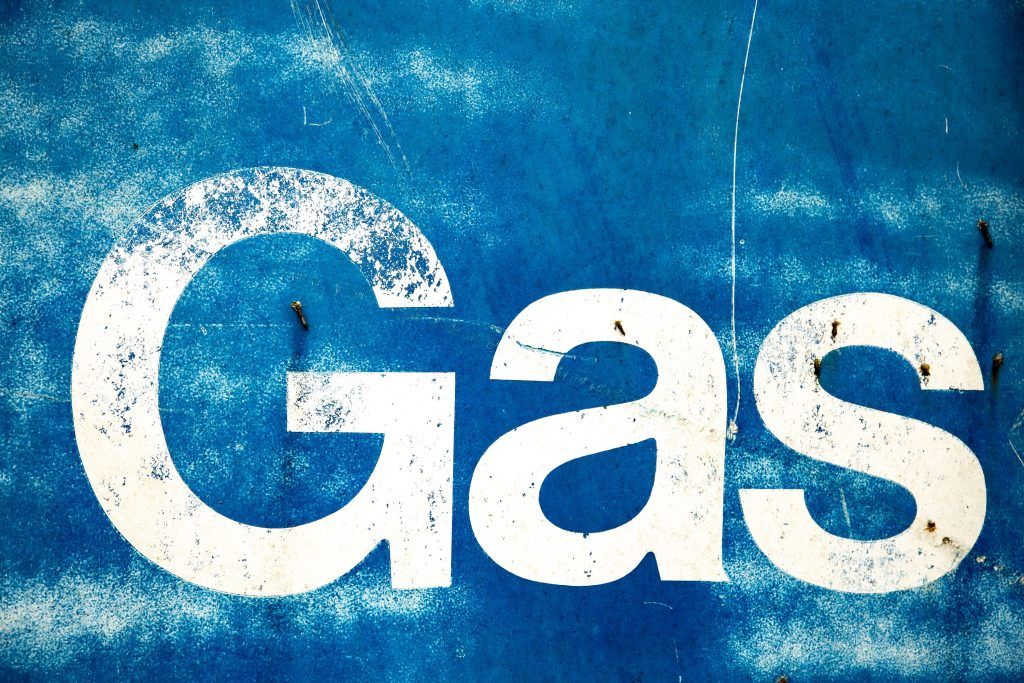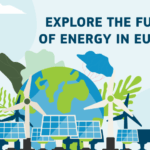The Council has definitively adopted a regulation aiming to ensure that gas storage capacities in the EU are filled before the winter season and can be shared between member states in a spirit of solidarity, despite the disruptions in the gas market. This is an important step in strengthening the security of the EU’s energy supply in the context of the war in Ukraine.
The regulation provides that underground gas storage on member states’ territory must be filled to at least 80% of their capacity before the winter of 2022/2023 and to 90% before the following winter periods. Overall, the EU will attempt collectively to fill 85% of the total underground gas storage capacity in the EU in 2022.

EU member states to collaborate to store and share gas supplies
|
As gas storage capacities and national situations vary greatly, depending on their situation, member states will be able to partially meet the storage target by counting stocks of liquefied natural gas (LNG) or alternative fuels. To reflect the situation of member states with very large storage capacities compared to their domestic gas consumption, the filling obligation for underground stocks will be limited to a volume corresponding to 35% of the average annual gas consumption of member states over the last five years.
Some member states do not have storage facilities on their territory, and so the regulation provides that they should store 15% of their annual domestic gas consumption in stocks located in other member states and thus have access to gas reserves stored in other member states. This mechanism will strengthen the security of their gas supply while also sharing the financial burden involved in filling the EU’s storage capacities.

The regulatory approach to power-to-gas facilities
|
The regulation also provides for compulsory certification of all underground gas storage site operators by the authorities of the member states concerned. The aim of this certification is to avoid the potential risks of external influence on critical storage infrastructures, which could jeopardise the security of the EU’s energy supply and other essential security interests. A fast-track certification procedure is to apply for storage sites with capacities above 3.5 TWh which were filled at levels below the EU average in 2020 and 2021.
Storage capacity filling obligations will come to an end on 31 December 2025, but stock operator certification obligations will continue to apply beyond that date. The regulation also provides for a derogation to be granted to Cyprus, Malta and Ireland as long as they are not directly interconnected with the gas system of other member states.
Commission welcomes swift adoption of new gas storage rules
New storage legislation adopted today will strengthen the EU’s security of gas supply in view of the upcoming and next winters. Faced with the threat of supply disruptions by Russia, the EU Gas Storage Regulation requires that Europe’s gas reserves are refilled before the winter, and their management protected from outside interference. In particular, the new rules will require the EU Member States to fill storage facilities to 80% of capacity by November this year – and to 90% in the years after.
The rules were adopted in record time thanks to the Parliament and Council’s readiness to examine the legislative proposal as a matter of urgency, against the backdrop of Russia’s war against Ukraine.
More information:
Press release – European Council







Leave a Reply